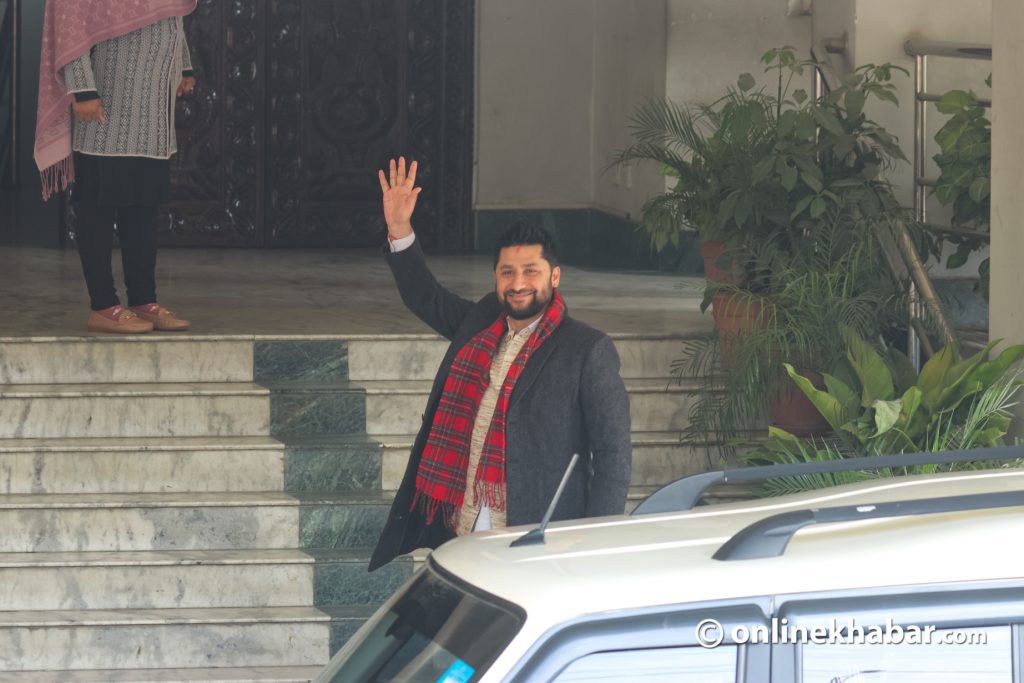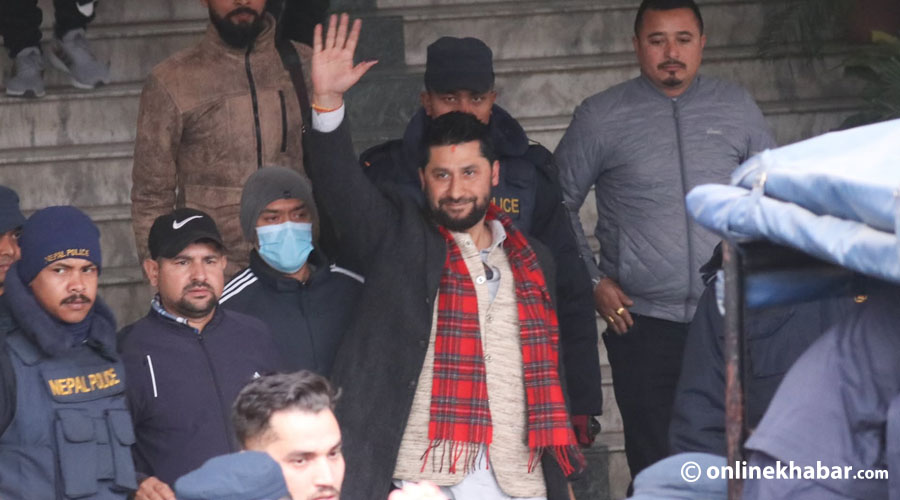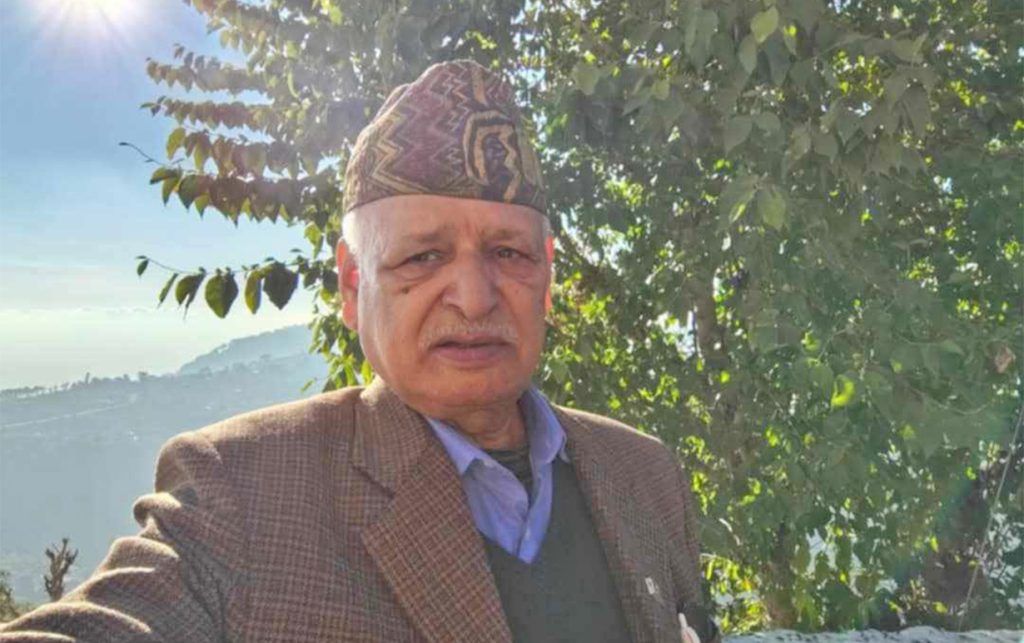
The country will soon welcome a new set of lawmakers to its federal and provincial parliaments. Among those elected, there will be some old faces and some new ones. It is with the latter group that people have great expectations. Balen Shah’s victory in the mayoral race in Kathmandu has left people believing that change is imminent. The preliminary elections’ results do show that a few untested candidates from the newly formed Rastriya Swatantra Party (RSP), which has become a safe house for the independents, will find themselves in the federal legislature.
While the possibility of having people who are not cashing in on their jail time and are instead relying on merit to appear as the representatives is positive evidence of the maturation of democracy, a difficult path awaits them. So, how can it deal with it?
Subjected to compromises

Moving forward, the newly elected representatives of the Rastriya Swatantra Party can no longer rely on the tags of anti-establishment and independence. It will become defunct the moment they step into the parliament. Moreover, accomplishing any monumental legislative change by themselves would not be possible with the number of seats they will have in the parliament.
As such, the RSP will need to partner with other parties they disagree with most and begin their parliamentary journey with compromises. Collaboration in the parliament becomes critical for a small party because the legislature is not only a platform to vent dissent—anyone with a cell phone and internet can do so in today’s world.
The legislature’s job is to ultimately make decisions, which involve electing the executive body and passing legislation—processes that require taking a side. No matter how many parties, ideologies and interests are represented in the parliament, in the end, one has to take a side.
You can either be for something or against it. Not voting is also an alternative, but even that implicitly leans towards either a yes or no. The new entrants of the Rastriya Swatantra Party will have to discard the notion of ideological puritanism if they are to deliver moving forward. The reason for that to happen is that the luxury of being uncompromising in terms of ideas is only available to those who never make it to parliament.
For instance, when the new parliament initiates the process of deciding who is going to be the next prime minister, smaller parties will have a candidate of preference. They prefer either their own party or another depending upon their naivete and parliament composition. It is, however, more than likely that the Rastriya Swatantra Party will have to vote either for or against a candidate fielded by the old parties.
Neither the UML nor the Maoists have fresh proposals in mind. Meanwhile, Gagan Thapa has expressed his interest in the top job, but it is unlikely that he will hold the reins in his Nepali Congress party immediately following the elections.
Finding the difference between sloganeering and politicking

Electing the next prime minister will be among the first compromises that new representatives from the Rastriya Swatantra Party will have to make. Had they been outside the parliament, they could have issued a note of dissent, held their own hypothetical choices and safeguarded their popularity.
But, as soon as they make decisions that need to be made strictly on the basis of available options, their popularity will take a hit. What else can you do when in a multiple-choice question, the answer you have in mind is not even among the list of options? And at that moment, the Rastriya Swatantra Party will realise, if they will have not already, the difference between sloganeering and politicking.
Sloganeering is different from politicking because the former makes hypothetical arguments grounded in ideals and not reality. Then, politicking goes beyond dissent and takes into account probability, limitations and the need to make decisions on time based on options that are on the table.
If the Rastriya Swatantra Party lets ideological puritanism guide its decisions, the parliament will be a fragmented whole that can never come together to effectively deliver. Inside the parliament, they can be independent, unflinching and ineffective or they can compromise, collaborate and be effective in achieving progress, however marginal.
Seizing the opportunity at the cost of popularity

From the preliminary results, it is likely that more than two parties will be required to form the next government. Moreover, in the absence of a clear-cut majority, parties that are third or fourth biggest will end up having key votes.
The votes in the parliament can provide an opportunity to form the government and head ministries. If the Rastriya Swatantra Party gets presented with that opportunity, irrespective of which old party or parties they have to collaborate with, they should think about seizing it.
Even if it comes at the expense of their popularity… This might mean voting in support of legislation they do not fully agree with or supporting candidates they dislike. These compromises might tarnish their temporary reputation, but the thing about legislation is that it can always be amended later on.
If the Rastriya Swatantra Party eventually becomes a big party, it can always change the things it dislikes, for instance, its stance on the structure of federalism. But, with their current size, the best they can do is decry. Rather, it will be more prudent of them to lead some executive body, perform well and translate that performance to larger public support.
Compromises will disappoint naive party cadres hoping for miracles, but that is part of the process. The other alternative the Rastriya Swatantra Party has is to take the easy way of saying no to everything and staying in the opposition, which essentially means that they would not deliver the majority of their promises mentioned in their manifesto as they require executive initiatives.
Politics is a long-run game and involves strategies quite like in a war. And, it is important to know that wars can be won even if a few battles are lost along the way.






















